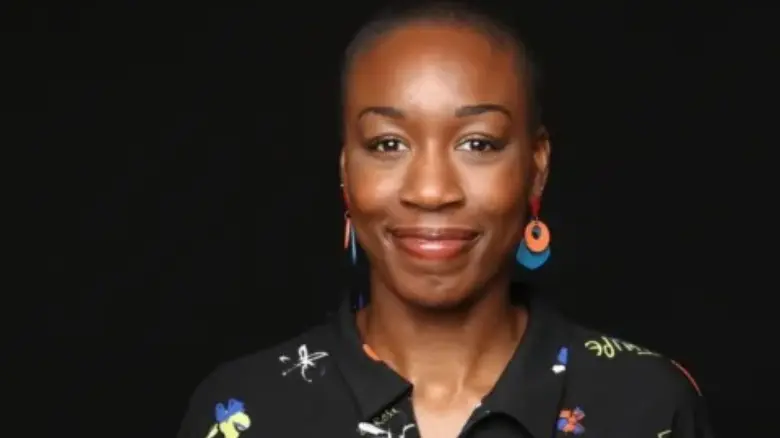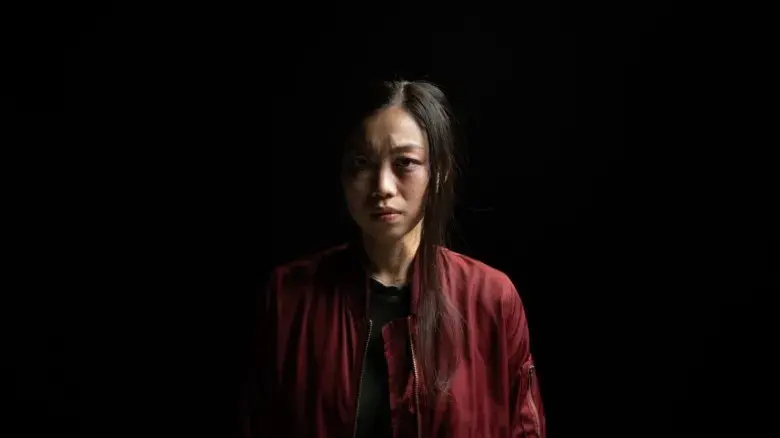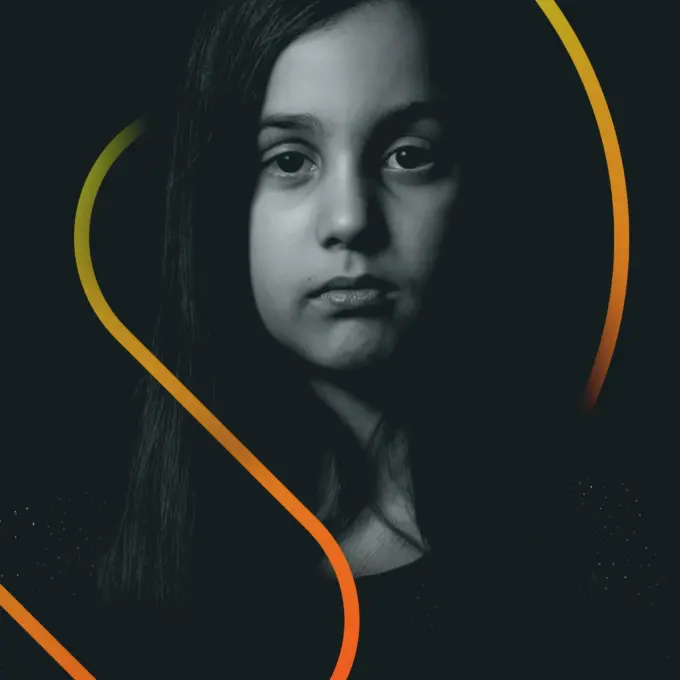
See Beyond: Supporting Young Women in the Criminal Justice System
At Safer London, we believe that every young woman deserves to be seen for more than just the actions that lead to her arrest. We challenge the stereotypes surrounding young women involved in crime. We know that behind each offense is often a story of trauma, exploitation and victimisation.
This 16 Days of Activism we have launched See Beyond - a project dedicated to supporting young women, aged 18-24, who have been arrested for displaying perpetrating behaviours or harming others, but have themselves been victims of abuse or exploitation. See Beyond seeks to inform and influence key partners such as the police and Crown Prosecution Service to have compassion and informed interactions with these young women.
We spoke to Yvonne, Safer London's Research and Resource Manager, to get an insight into the project.

What has been your role in the project?
I have been leading the See Beyond project which has been such an eye opening (and honestly, rewarding) experience. My main focus has been diving into research about your women who've come into contact with the criminal justice system (CJS) and what their experience of custody has been like. As a side note... there's not much research out there on this! We're trying to highlight the need for specific support for young women in custody because the data out there is so thin.
So, I've been on a mission to fill those gaps. A big part of that has been advertising and organising interviews to hear directly from this cohort of young women. Their stories and experiences have been at the heart of this project, which has helped us create resources that will actually make a difference for other young women that are now in custody.
It's been a real team effort too! I've been connecting with colleagues, external partners and organisations like the police and Crown Prosecution Service. Not only have they been helping to spread the word about our interviews, but they have also shared their expertise on the services they provide - which has been super insightful.
And then there's the work I've been doing with our communications team to develop the resources - both for young women who find themselves in custody and for the professionals who work with them. It's all about making sure these tools are practical and helpful.
Why do you think it's important to consider young women specifically?
Statistically, girls and young women are more likely to experience abuse and exploitation - and sadly, they're also more likely to go through traumatic experiences while in police custody.
On top of that, their romantic relationships can sometimes put them in impossible situations. Fears and threats - whether to themselves or loved ones - can push them into committing crimes they wouldn't otherwise be involved in.
But the problem is that there's barely any research on this victim/perpetrator dynamic. It's not really talked about or acknowledged in CJS fields, and because of that, opportunities to support these young women are often missed by the police and custody officers.

What do you think needs to change?
Trauma informed training for the police and Crown Prosecution Service is absolutely essential. This type of training helps officers spot behaviours that might look one way on the surface, but are actually signs of trauma and abuse. When officers understand how trauma can shape a young woman's actions, they're better equipped to approach, communicate with, and support young women effectively.
The result will be better relationships between young women and the police. If officers can connect with empathy and signpost young women to relevant support services, it could help break the cycle of criminal activity and exploitation.
Another thing to think about is what happens at the point of arrest. Young women are often in such a stressed and overwhelmed headspace that they're not fully aware of their rights or what they're entitled to. Hours can go by with no information, no support, and no idea what's happening next. Regular check-ns from custody officers are crucial to making sure these young women feel seen and supported - and that they actually know their rights.
One issues that came up in our focus groups was the need for a female officer to be present in custody. Someone who can assist with basic needs like sanitary produces, and to provide a more empathetic ear. That type of interaction can make a world of difference, not just for immediate comfort but for helping these young women get connected to the resources they need to move forward.
What are the consequences of young women having a negative experience in custody?
A traumatic experience in custody - whether it's feeling isolated, scared or encountering verbal abuse or power - can have a lasting impact on a young woman. These experiences can create a deep mistrust and negatively shape how she views the police in the future.
If she needs help later on, such as escaping an abusive relationship, her previous experience in custody may prevent her from reaching out for support. This highlights the importance of handling every interaction with care, as it can either build trust or deepen barriers to seeking help.
If you could say one thing to a police or custody officer about working with young women, what would you say?
Practice professional curiosity. It can make all the difference when working with young women in challenging situations. It's about 'Seeing Beyond' the surface and not taking everything at face value. It can be tough to do if someone is shouting expletives at you, but taking a step back, both physically and mentally, can help you to see there's often more going on beneath the surface.
Let's also not forget empathy. In roles as high pressured as policing, empathy can feel like it's in short supply - but it's incredibly important. A little bit of empathy goes a long way in building trust and showing that you're there to support, not judge.
I'm really hopeful that these resources can get to the young women who need them and can make positive change in young women's lives.
Download the toolkit
CLICK HERE
Help change the lives of young Londoners, their families and communities
Show your support and make a donation
Donate Today